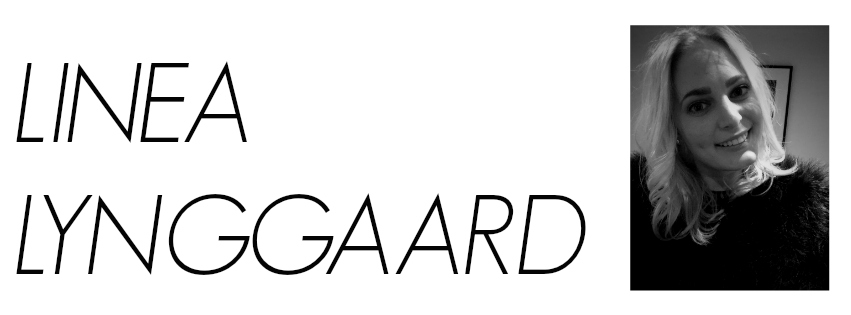Artificial intelligence: can it ever take a put of human brain?

Artificial intelligence: can it ever take a put of human brain?
The discussion regarding regardless of whether Synthetic Intelligence (AI) can change human intelligence happens to be likely on for some time with each individual college of assumed advancing differing purposes. There isn’t any question that synthetic intelligence will essentially shift the way human beings undertake items in long run. Despite the fact that there have been a common consensus within the abilities of typer.one AI in transforming just how human beings undertake operations, experts have disagreed around the extent to which AI will alter issues with the upcoming. During this respect http://essays.expert/exploratory-essay, these authors have argued the purely natural intelligence in human beings depends upon unconscious instincts as opposed to aware symbolic manipulation of AI programs. These ability could hardly ever be captured by official regulations in AI methods. During this paper, I focus on the positions by both equally schools of imagined. The remainder in the paper is structured as follows: To start with, AI is d outlined to present an overall standpoint on its connection with the human head. 2nd, factors why AI can switch human mind is going to be introduced. Third, explanations why AI cannot switch human head could be presented and at last a conclusion would be crafted.
AI can be described as the progression of desktop computer solutions which are capable to undertake functions that necessitate human intelligence (Bostrom & Yudkowsky, 2013). These activities include visual perception, speech recognition, decision-making, and translation between languages. In simple terms, AI is the intelligence that can be put into the machines to enable the machines function how human beings do. According to Dietrich (2014) , for any intelligence to be acquired and used by human beings or machines, the human brain or the machine has to be taught initial. For instance, a human brain, which is genetically created to categorize elements needs to see several examples of animals before it can differentiate between cats and dogs. The development and evolution of AI has reached a point where some experts have begun to argue that AI can replace human minds. Others have argued that AI will hardly ever switch human brain despite the capabilities of AI in adjusting the way human beings undertake functions.
According to Hutter (2012), synthetic intelligence systems can actually think and have a genuine head how human beings do. Such programs need not only to have simulated intelligence, but really intelligent entities that have been modeled in machines to assist these machines work and think the way in which human mind does. Hutter argued that computers might be seen as useful tools to study the brain, allowing the empirical testing of models within the mind. For such machines to equal the processing power of human beings, researchers have to develop AI devices that match the processing power of a human brain inside the future. This is a possibility basing in head that the processing abilities of hardware devices have been increasing exponentially. The association between AI and human mind is not without controversy, however. Various scholars have argued that there isn’t a way AI programs will equal the processing power belonging to the human brain. According to Bostrom & Yudkowsky (2013), the healthy intelligence in human beings is determined by unconscious instincts rather than the conscious symbolic manipulation of AI units. Such skillsets can hardly ever be captured by official rules that are usually employed in AI solutions. Bostrom & Yudkowsky posits that the unconscious instincts in human beings are God-given purely natural intelligence which can do not ever be replicated in computers. Some roles that want unconscious instincts may never be handled by AI methods. These roles include teaching, creative arts, professional sports, quality assurance and health (Dietrich, 2014).
Strong arguments by the two of educational facilities of thought on regardless of whether AI devices can switch human intellect has been offered. One faculty of believed believes that AI can substitute the human intellect as another university believes AI can do not ever require the position of human head. There is absolutely no doubt that synthetic intelligence will essentially change the way in which human beings undertake important things in foreseeable future. Despite the abilities of AI in upcoming, AI methods will never ever substitute human thoughts. This is because the pure intelligence in human beings is determined by unconscious instincts as opposed to aware symbolic manipulation of AI methods. Such skills can certainly not be captured by official regulations that will be usually employed in AI devices.




Ingen kommentarer endnu